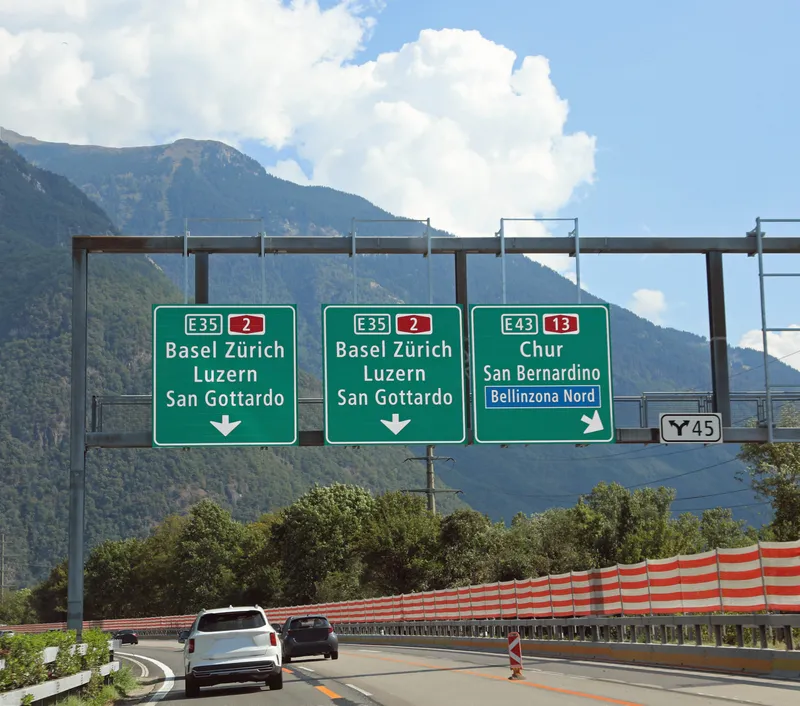Kapsch TrafficCom North America has been awarded a US$41 million contract by the Indiana Finance Authority (IFA) to provide the toll system for the Louisville-Southern Indiana Ohio River Bridges (LSIORB).
The comprehensive project includes the installation, integration, operation, and maintenance of an end-to-end open road toll collection system, as well as back office system and customer service centre operation at the three bridges that will connect Louisville, Kentucky and Jeffersonville, Indiana. As
May 14, 2015
Read time: 2 mins
The comprehensive project includes the installation, integration, operation, and maintenance of an end-to-end open road toll collection system, as well as back office system and customer service centre operation at the three bridges that will connect Louisville, Kentucky and Jeffersonville, Indiana. As a cooperative project between the two states, the initiative represents a joint commitment to improving the region’s transportation system by alleviating congestion, increasing safety and mobility, and stimulating economic development.
The LSIORB tolling system will enable the use of toll tags operating on the ISO 18000 6C protocol, as well as E-ZPass TDM protocol-based transponders, giving customers the option to purchase a toll tag for local use or for travel within an out-of-state toll network. Compatibility with these two systems makes the LSIORB project as an important milestone in tolling interoperability, as it facilitates mobility for motorists and for toll operators between regions by using shared technologies.
The initial project scope includes the addition of tolling infrastructure to the soon-to-be-completed New Downtown Bridge and the East End Bridge, as well as to the existing Kennedy Bridge, which will be temporarily closed and renovated to increase capacity across the Ohio River and improve mobility in the Louisville-Southern Indiana region. Kapsch will design the tolling equipment and software, provide customer account management systems, oversee transponder distribution, and maintain customer service operations and walk-in retail centres.
Kapsch will manage the project from its local office located in the Louisville-Southern Indiana area. The bridges are set to open for tolling by the end of 2016.








